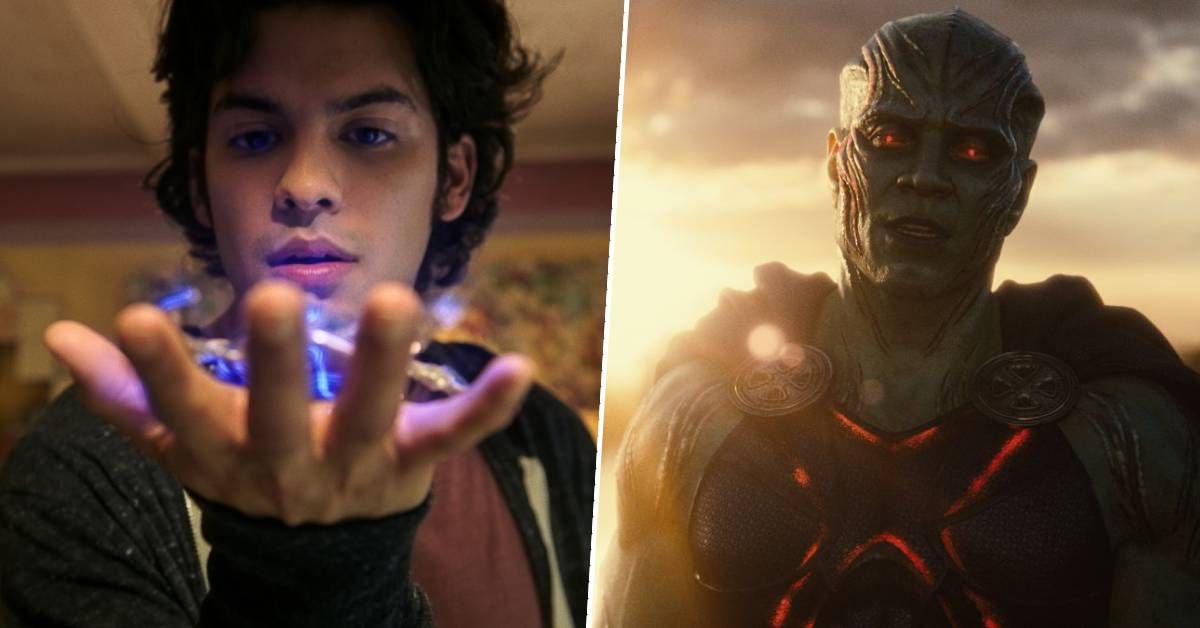“Nothing in his life became him like the leaving it,” remarks a supporting character in Macbeth, a play Daniel Craig will shortly star in on Broadway. And something similar might be said of Craig himself, whose departure from the Bond series had a Shakespearean grandeur of which the Bard would surely have been proud.
But now that the dust has settled, this critic can’t help feeling the series will benefit from no longer being so inextricably tied to one leading man. From Casino Royale through to No Time to Die, the Craig era has been as much about his portrayal of Ian Fleming’s secret agent as it has been about what he got up to – a psychological dissection of the man behind the number and the past behind the present.
Thanks to Casino’s slate-cleaning, Skyfall’s childhood-exhuming and Spectre’s divisive ret-conning, we’ve seen more of 007’s interior workings in Bonds 21 to 25 than we ever did in the score that came before them. We also saw him take gut-punch after gut-punch, from battered testes and cranial intrusions to the killer double-whammy of losing both true love Vesper Lynd and de facto mother M.
The inevitable consequence of this was that the actual secret-agent stuff tended to be an afterthought: a contractual obligation that rarely gave Craig a compelling mission or worthy antagonist. More than that, though, the spy games seemed to be less about saving the world and more to do with resolving some long-buried trauma: revisiting his family home, for example, or reaching a closure of sorts with a resentful sort-of-sibling.
By the time NTTD came around, Bond wasn’t even a spy any more, having finally made good on the resignation he typed at the end of Royale. Wherever the series goes from here, it’d be refreshing to have a Bond who actually enjoys his job and has a half-decent work ethic.
Craig’s Bond has been many things: emotional, dramatic, intense. But it hasn’t been much fun. Now he’s gone, the franchise can go back to its roots and stop obsessively exploring those of its hero. Or is it just me?
 Games News games, movies and TV you love.
Games News games, movies and TV you love.



